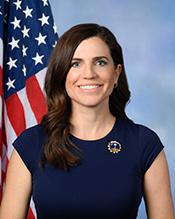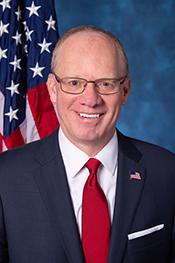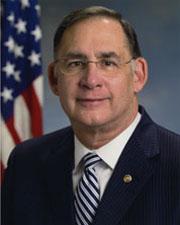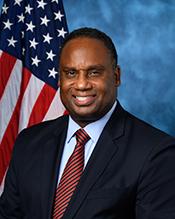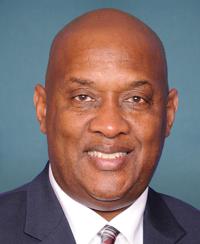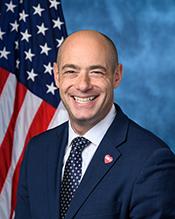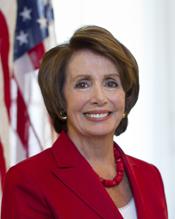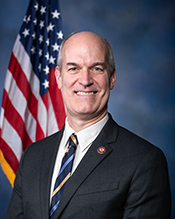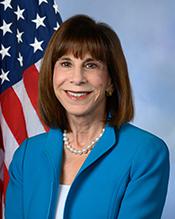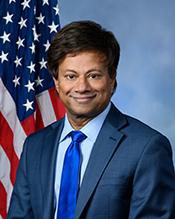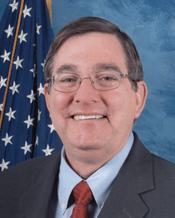H.R. 4600: Responding to Exploitation and Sharing of Private Explicit Content and Threats Act
This bill, known as the Responding to Exploitation and Sharing of Private Explicit Content and Threats Act (RESPECT Act), aims to amend the Communications Act of 1934 to increase penalties for the intentional disclosure of nonconsensual intimate visual depictions, also referred to as "revenge porn." The key aspects of the bill are as follows:
Increased Penalties
The bill proposes to adjust the penalties associated with the willful sharing of private explicit images without the consent of the person depicted. Specifically:
- It proposes to change the maximum prison sentence for certain violations from 2 years to 5 years.
- For more severe violations, the maximum sentence would be adjusted from 3 years to 10 years.
- Another provision would modify existing penalties by increasing the term from 18 months to 3 years for some instances, and from 30 months to 5 years for others.
Scope of the Legislation
The legislation is focused on addressing the intentional and malicious distribution of explicit images, particularly in cases where it is done without the consent of individuals involved. It is designed to provide enhanced protections for victims of such actions.
Purpose
The intent behind the RESPECT Act is to deter individuals from sharing nonconsensual intimate visual content by implementing stricter punishments. The goal is to safeguard individuals’ privacy and personal dignity, particularly in the context of digital and online settings where such sharing can occur easily and have significant repercussions.
Legal Framework
This bill would amend Section 223(h) of the Communications Act of 1934, which currently addresses issues related to misleading communications and the protection of individual privacy in communication mediums.
Enforcement
The bill would likely require law enforcement agencies to enforce these new penalties and mandates, potentially expanding their role in investigating cases of nonconsensual dissemination of explicit images.
Relevant Companies
- GOOGL (Alphabet Inc.): Changes to penalties for nonconsensual content sharing may require platforms to enhance their moderation systems to comply with stricter legal standards.
- FB (Meta Platforms, Inc.): The company operates social media platforms where such content might be shared, and they would need to ensure compliance with the increased penalties.
- SNAP (Snap Inc.): As a platform known for image sharing, it could be directly impacted by the need to implement stronger safeguards against the sharing of nonconsensual intimate depictions.
This is an AI-generated summary of the bill text. There may be mistakes.
Sponsors
1 sponsor
Actions
2 actions
| Date | Action |
|---|---|
| Jul. 22, 2025 | Introduced in House |
| Jul. 22, 2025 | Referred to the Committee on Energy and Commerce, and in addition to the Committee on the Judiciary, for a period to be subsequently determined by the Speaker, in each case for consideration of such provisions as fall within the jurisdiction of the committee concerned. |
Corporate Lobbying
0 companies lobbying
None found.
* Note that there can be significant delays in lobbying disclosures, and our data may be incomplete.
